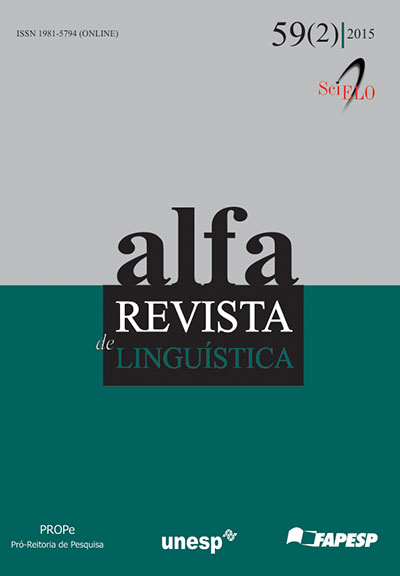The Portuguese Class: On (Non) Functional Experiences
DOI:
https://doi.org/10.1590/1981-5794-1504-2Keywords:
Teaching and learning of native language, Social uses of writing, (Non) functionality,Abstract
This article broaches the Portuguese class, discussing school language education for social uses of writing. It is an approach based on reflections on the (non) functionality of Ponzio (2008-2009) which aims to answer the following question–problem: “With regard to Portuguese classes in Basic Education classes located in vulnerable social environments, is it possible to test the elaboration of a didactic process, in the teaching of the social uses of writing, which is not limited to functionality?” The theoretical basis is the philosophy of Bakhtin’s language, the language of anthropology of literacy studies and the psychology of language of Vigotskian substantiation. This is a case study whose data were generated by means of documentary research on experiences of the Institutional Program for Introduction to Teaching – Pibid/Capes –, whose analysis has an interpretive basis. The results indicate possibilities of a didactic action which, taking advantage of the functionality that characterizes the school system and the new technologies, open spaces to education of the non-functional, for the uses of writing in which the word does not yield to the logic of the global market.
Downloads
Downloads
Published
How to Cite
Issue
Section
License
Manuscripts accepted for publication and published are property of Alfa: Revista de Linguística. It is forbidden the full or partial submission of the manuscript to any other journal. Authors are solely responsible for the article's content. Translation into another language without written permission from the Editor advised by the Editorial Board is prohibited.

